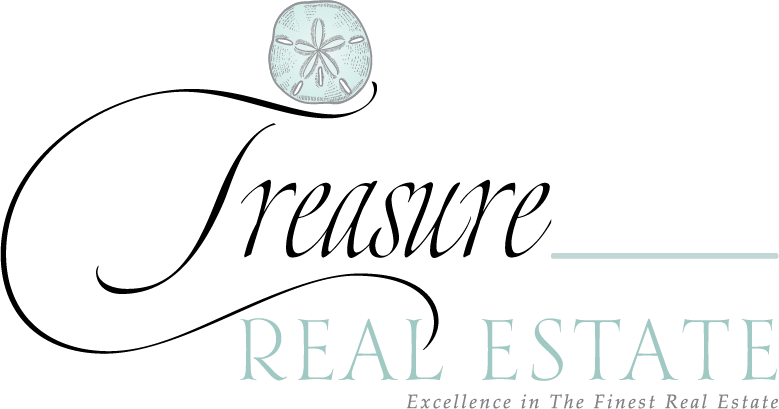COVENANTS: You Must Abide & Not Do As You Wish!

Owning and renting property comes with responsibilities. You may consider it your own asset but ultimately you have the duty to manage it in a way that aligns with community and city standards. In some cities, there are Home Owners Associations that help with the maintenance and upkeep of areas. Each of these associations are different so it is important for you to do your research on what is specific to your community.
HOA’s are responsible for taking care of the appearance of the community, protecting the property values by enforcing certain covenants for types of architecture, fences, landscaping etc. and offer residents security in the community. When living in communities run by HOA’s, you may be restricted to performing major changes on your property such as the colour of your paint or even the amount of vehicles you can have on your property. If you do buy a home in a gated and HOA enforced community, you would normally be mandated to pay a monthly fee in order to keep the organization active and effective.
When you do not abide by the community standards and covenants, HOA bylaws allow these associations to take action. This can come in the form of fines until the issue is addressed and resolved. Worst case scenario, you can be sued by an HOA if you continue to violate certain restrictions, or even have your property seized.
At the end of the day, without some sort of community guideline, things can become chaotic. This will change the image of the community, decreasing the value of properties in the area in the future. The best way to determine if you are ready and willing to own a home that is handled by an HOA is to consult – a Real Estate Agent. They will be able to guide you by putting your lifestyle and vision first when deciding on the community that best suits you.
Some types of restrictive covenants
Property maintenance: the type of colour you use on the exterior of your house, the cleanliness of your lawn, landscaping and architecture etc.
Property use: in some cases, properties may not be used for business or converted to business structures or parking, fixing or storing commercial vehicles on property.
Communal living: if you own flats/apartments, there may be certain restrictions in place to maintain the conditions of the buildings.
Erecting property: without written permission and inspection, you will be incapable of creating property on the land in question.
Why do we need restrictive covenants?
Restrictive covenants are a guideline to certain standards for homeowners. Benefits of having the rules in your neighbourhood include the following:
More protection. Maintain the overall look of your neighbourhood. Retain the value of your home. Fewer liabilities in terms of unwanted damages.
If you do find the covenants set within your neighbourhood unreasonable or challenging, speak to your community HOA and see if you can come to a new agreement in order to live comfortably. Should that approach fail, consult your real estate agent before buying your property to weigh the pros and cons for this long term investment.
In conclusion, map it all out. Will you be able to handle what is already in place and abide by rules that will benefit the livelihood of your neighbourhood? If not, consider less restricted areas where you will not be tied down to a specific way of living and maintaining your own home. Some like these covenants because it helps keep up their own standard and way of living, maintaining the value of their homes.

